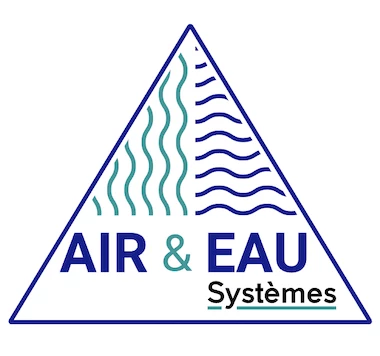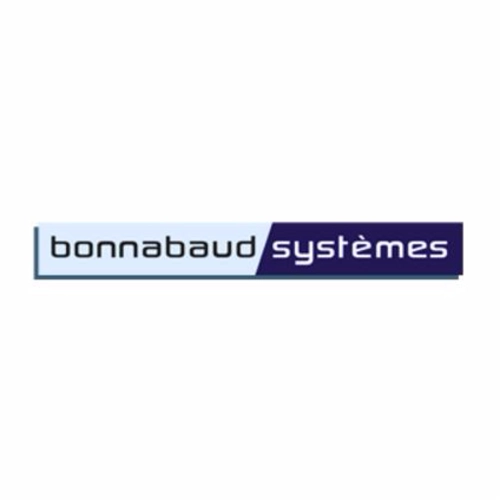Is it possible to do a combined UV-C ozone treatment for swimming pools? If so, what are the benefits?
3 answers
Hello,
Yes it is possible, but ozone treatment is sufficient to treat chloramines in particular, UV would bring an additional cost in investment and operation without bringing any advantage in the treatment of swimming pool water. We can provide you with both systems, and advise you in your choice. Air et Eau Systèmes provides this equipment and offers preventive maintenance and assistance contracts, everywhere in France.
Hello,
Both technologies allow disinfection.
Offering the 2 systems , we specify:
When they are part of your installation, both are effective and act during the filtration cycle.
- Ozone : Requires 1 ozone generator unit. Ozone acts by oxidation of micro-organisms. Because its use can be tricky, we recommend it for more professional use. Be aware that there are also professionally designed boxes for individuals.
- UV-C Lamp : Only UV "C" is effective for disinfection. The UV lamp works by "burning" the micro-organisms inside the lamp. A lamp is very simple to integrate into an installation. No side effects. As easy for professional installation as for a private individual. We recommend the UV-C LED lamp for its greater longevity , its low energy consumption and its ecological dimension.
If you want to go further in your study, please let us know:
- Indoor or outdoor swimming pool?
- Attendance?
- Pond water volume?
- Water flow?
- Presence of a filter? What type of filter media?
Remaining at your disposal,
Eric
council@bonnabaud-systemes.fr
Such. 0477672244
...and ozone disinfection system documentation.
For a swimming pool, we offer a fixed installation.
Eric
council@bonnabaud-systemes.fr
Such. 0477672244
The oxidation of swimming pool water operates dechloramination and disinfection:
As a preliminary and in an associated manner, the first water treatment for swimming pool basins is filtration , which must:
- retain as many impurities as possible: This promotes a reduction in the consumption of coagulation, cleaning and oxidation reagents, and partly prevents the formation of chloramines. This limits the supply of new water, the energy consumed for its heating and its circulation, the need to dechloraminate,
- without undergoing too rapid rises in pressure drop, frequent stops and the use of large volumes of backwashing water.
Swimming pool water filtration uses different types of filters:
o thick bed filters (sand, glass granules, etc.),
o precoat filters (diatomite, perlite, micronized cellulose fibres),
o cartridge filters, pocket filters,
o microfiltration membranes.
The good performance of filtration affects dechloramination and disinfection:
The average filtration efficiency, the filtration threshold, the retention capacity, the suitability for backwashing of filter media/filters are determined based on standardized test methods (developed by groups of experts in the form of international standards) and make it possible to compare/verify/better exploit filtering media/filters:
- NF EN 16713-1: filters for private swimming pools
- NF EN 13443-2+A1: industrial filters (1-80 µm) for water (applicable to filters for public swimming pools)
- developed method IFTS-FEEIS-01: submicronic filters (0.2-1 µm) (applicable to membranes)
The IFTS has many test benches and reference products, and routinely ensures the qualification of performance according to these methods on behalf of manufacturers, design offices, local authorities and other principals.
Draft texts for filtration standards are currently in progress, to identify the mode of conducting tests on in-situ filters to check the consistency and performance of filtration systems during installation, commissioning service or operation in a public swimming pool. (Afnor S52L committee)
To be trained in these characteristics , in the standards published for less than 10 years or in the process of being drafted and tested, have the filtration performance of filter media/filters determined :
your contact marie.sirvain@ifts-sls.com
Questions on the same topic
How to change UVRER DFI UV lamp and quartz?
Last response: Tighten the centering ring at the end of the device, Insert the lamp and screw it.
I am looking for online training on the treatment of unconventional water, specifically desalination and demineralization. Do you have any tips or recommendations?
Last response: Hello, I recommend the IOWater training courses! Cordially Isabelle Duchemin / Polymem
Can raw water be made drinkable by UV treatment or is it necessarily by reverse osmosis?
Last response: Hello, In order to obtain drinking water from raw water, it would first be necessary to have a complete analysis of this water. Read more
We are looking for a solution to make the water from the well of our future (old) house drinkable, not connected to the collective drinking water network. Recommendations?
Last response: Hello, It is important to carry out an analysis of your water before taking any action. This will make it possible to determine the physicochemical parameters of the latter and highlight the... Read more
I am looking for a uv treatment to treat borehole water for a guest house. What do you recommend?
Last response: Hello, BIO-UV specializes in the design, manufacture and marketing of UV reactors and ozonators (Triogen). In order to send you a suitable technical proposal, we would need additional information... Read more
How is UV water treatment done? (process)
Last response: The principle of ultraviolet water treatment is simple: it involves passing the water, after filtration, through a reactor containing one (or more) UV lamps to disinfect the water. How it works ? Read more
I would like to treat well water against enterococci, can UV treatment be suitable?
Last response: Hello, To treat the water of a well, I invite you to put a filter upstream of your UV. There are kits: https://www.1h2o3.com/produit/kit-de-potabilisation-uv-home/ Have a good day
What is the best system for a vegetable shop wishing to recycle its washing water and therefore reuse it in a closed circuit?
Last response: If you are looking for efficiency, go for the Ozone & ZonoSistem
What is the difference between prechlorination and disinfection?
Last response: Hello Pre-chlorination is a process for treating certain reducing compounds at the entry into the potabilisation process. This technique can lead to the formation of undesirable by-products or THMs... Read more
What is the difference between reverse osmosis and ozonation for water treatment? Which method is the most effective?
Last response: Hello Depending on the quality of the water (loading of organic matter, molecules), the desired purification, the treatment channel, one or the other of these 2 treatments are implemented. Read more


